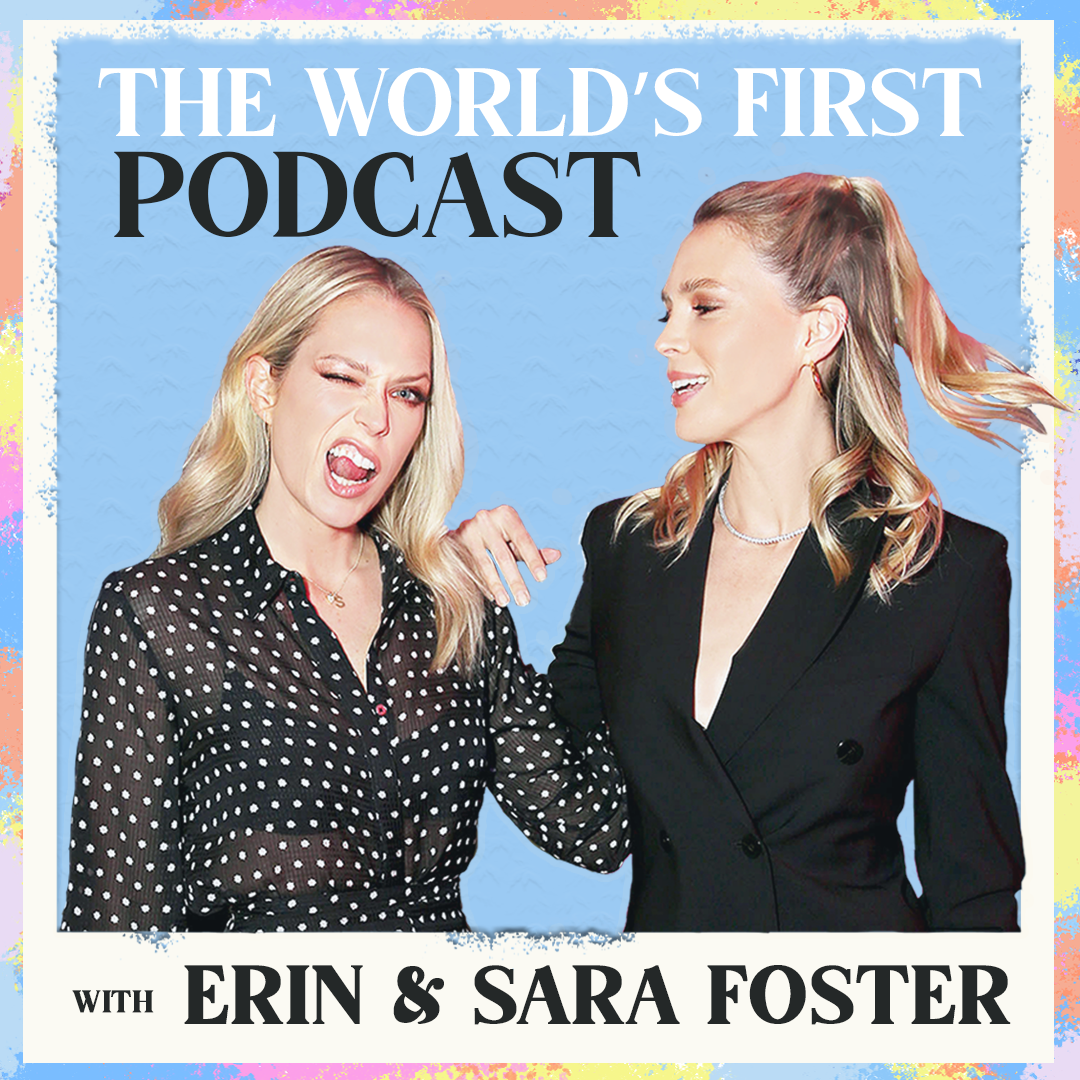Why Start a Podcast For Your Business
The marketing landscape has been constantly changing since the advent of the internet and social media. Gone are the days of just TV and radio ads and print ads in magazines. Today, businesses have a plethora of channels to promote their products and services, including digital marketing.
Digital marketing has been on the rise in popularity and effectiveness. With the increasing number of people that are online these days, digital marketing is becoming A MUST for businesses. Sure, social media and search engine advertising are popular digital marketing strategies. However, one of the best digital marketing strategies that businesses can use to promote their products or services, and connect with their target market is PODCASTING.
Podcasting has been gaining popularity in recent years, and more and more brands are beginning to start their own podcasts. Podcasting is essentially the creation of episodic audio content that can be accessed on demand. It is a great way to create compelling content that people want to listen to while promoting your business at the same time. Seriously guys, podcasting is the name of the game and that’s why everyone is doing it.
Some benefits of podcasting for business include increasing brand recognition, showcasing your expertise, building trust with your target audience, generating leads, and increasing sales. With podcasting, businesses have the opportunity to reach a wider audience and connect with their target market. It is a great way to provide value to your audience with content that they are interested in. Podcasts are also a great way to increase engagement with your audience as they are a more personal form of content.
So, this post is going to explain why, if your business doesn’t have podcasts yet, you should jump on the bandwagon.

Why Start a Podcast For Your Business
Podcasting is becoming increasingly popular among businesses as a POWERFUL tool for marketing and branding. Here are some reasons why you should start a podcast for your business:
Build a connection with your audience.
Podcasting is one of the most effective ways to create a deep connection with your audience. By sharing your thoughts, ideas, and insights regularly, you create a loyal following that feels as though they know you personally. This trust can lead to increased engagement and conversions as listeners are more likely to buy from someone they trust.
Reach a new audience.
Podcasting can help you reach a new and larger audience. People who may not have been aware of your business or products may find you through your podcast and become interested in what you have to offer. The more podcast listeners you have, the wider the reach and awareness of your business.
Create a personal brand.
Creating a personal brand is essential for any business. A podcast can be the perfect way to showcase your knowledge and expertise. This can help establish you as an authority figure in your industry. It can also help you build a strong personal brand, which can lead to more opportunities for your business.
Stand out in your industry.
Podcasting can help you stand out in your industry. By providing valuable content on a regular basis, you can differentiate yourself from competitors, who may not be investing in this medium. This can create a competitive advantage and help your business grow. New listeners can always go back to your previous podcast episodes to learn more about the brand.
Generate more leads and sales.
Podcasting can be a highly effective lead generation tool. By including calls-to-action in your episodes, you can encourage listeners to sign up for your email list or take advantage of special offers. This can lead to increased sales and revenue for your business.
Build a community around your brand.
Podcasting can help you build a community of dedicated fans around your brand. It allows you to connect with potential customers on a more personal level. By encouraging listener feedback and interaction on social media, you can create a community that feels connected to your brand. This group of people are more likely to recommend your business to others. And once you do establish that community, here are some ways you can give back.

How To Start a Podcast For Your Business
When starting a podcast for your business, there are a few things to keep in mind.
Step 1: Define your podcast’s purpose and target audience.
Before diving into the technical details of starting a podcast, it’s essential to determine your podcast’s purpose and target audience. What will be the primary focus of your business podcast? Who do you want to reach with your content? The answers to these questions will make up your podcast description.
Knowing your podcast’s purpose and target audience will help you create content that resonates with your listeners and build a loyal audience. If you want to know more about creating a brand, whether it is a brand for your podcast or any other business, listen to this episode of With Whit with Katherine Power: Staying Home With Whit | Katherine Power, CEO & Investor, on Building a Brand.
Step 2: Choose a name and cover art.
Your podcast’s name and cover art are the first things your potential listeners will see. You want to choose a name that reflects your podcast’s purpose and resonates with your target audience. Your cover art should be visually appealing and reflect your podcast’s branding. Both the name and podcast cover art must go in sync to truly attract the mind of your audience. We recommend you take a look at all of Dear Media’s shows to get a feel for the different types of podcast names
You can hire a graphic designer to create a professional-looking cover art or use free online tools like Canva. Next, you’ll need to create artwork for your podcast cover and website.The level of sophistication you want with your podcast artwork is more of a thing of personal preference. You can never go wrong with good artwork though.
Step 3: Get a place to record.
The bare minimum for a place to record should be a home office or a decently quiet room. The more isolated you are from outside noises, the better. A quiet, small space, with less sound reflecting surfaces is ideal. This will help with the quality of your recorded audio files. Plus, if you plan on inviting guests on your show for in person interviews, you’ll need a meeting place with a proper setup.
You want your podcasting space to be comfortable for both you and your possible guests. So comfortable chairs, some bottled water, a back pillow, and someplace for refreshments might even be appreciated. Once your podcast is ready to go to the next level, you can even invest in renting studio time or working with a podcast production team like Dear Media that offers a professional studio setup.
Step 4: Invest in quality equipment.
First, you’ll need to invest in the necessary equipment to record your podcast, including a microphone and headphones. Additionally, be sure to focus on audio quality, as listeners are more likely to stick around if the sound is clear and crisp. Your equipment will have a significant impact on the sound quality of your podcast.
Basic podcasting equipment includes a microphone, headphones, and recording software. You don’t need to break the bank to invest in quality equipment. You can find decent microphones like the Blue Yeti or Audio-Technica to record your podcast. Headphones will help ensure that you’re recording clear audio and allow you to monitor your recording’s quality. Check out this post from Dear media for how to set up a podcast studio to help you get started.
Step 5: Record and edit your episodes.
Before pressing the record button, make sure you test your equipment to ensure that it’s working correctly. Record a few minutes of audio and listen back to ensure you’re getting clear audio. When recording your episodes, it’s essential to remove any background noise and record in a quiet place.
You can use editing software to clean up your audio file and make it sound polished. Podcast editing is a crucial element for anyone who wants to record an episode, make any tweaks, and push it to the public, so give it some thought! Check out some of the best podcast editing software HERE.
Step 6: Choose a hosting platform.
Once your podcast is recorded, you need to choose a platform to host your podcast. There are different free and paid platforms like Libsyn, Podbean, or Buzzsprout that will host and distribute your podcast to various platforms like iTunes, Spotify, and Google Play. A good podcast website should also provide a clear format for your episodes, including an intro and outro.
Step 7: Create show notes and promote your podcast.
After you’ve recorded, the next step is uploading your podcast.
There are a lot of brands with podcast hosting services to take care of that. They will then distribute it to podcast directories, including Apple Podcasts, Spotify, and Google Podcasts. From there, you can promote your podcast on social media and other platforms, as well as on your business’s website.
Show notes are crucial for your podcast’s SEO and listeners. It’s a summary of each episode, including guests, topics covered, and any related links. After publishing your podcast, promote it on social media, and ask your listeners to subscribe, review, and share your podcast. Engage your audience and build a relationship with them by responding to their questions and feedback.

A good podcast might just be what your business needs to take the next step.
To be a successful podcaster, it’s important to have a plan for your business podcast. This includes defining your niche, identifying your target audience, and creating a monetization strategy. With the right approach, you can build a loyal following and establish yourself as a popular podcast in your industry.
Starting a podcast for your business can be a powerful way to connect with your target audience and grow your business. By investing in the right equipment, focusing on audio quality and creating engaging content, you can create a successful podcast that will help you reach your goals. Remember to stay consistent with your content and engage with your listeners to build a loyal audience.




















Leave a Reply